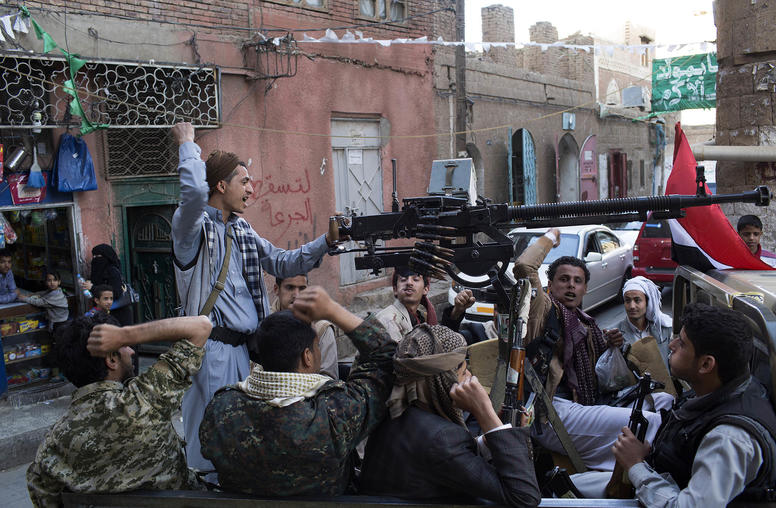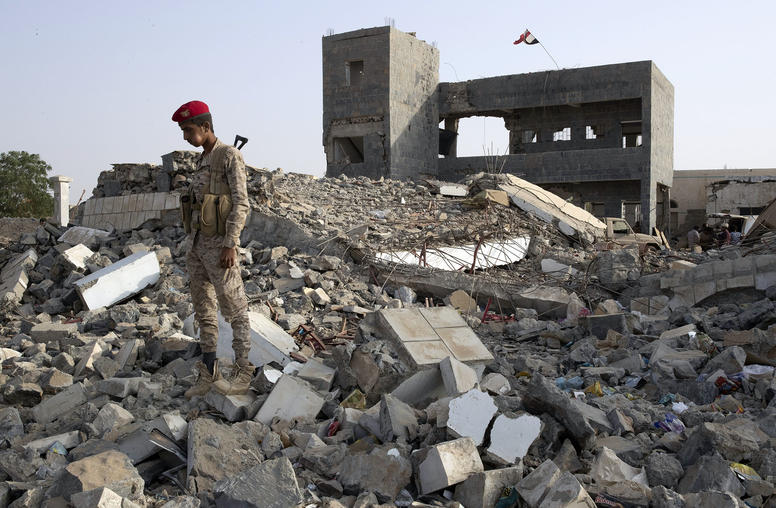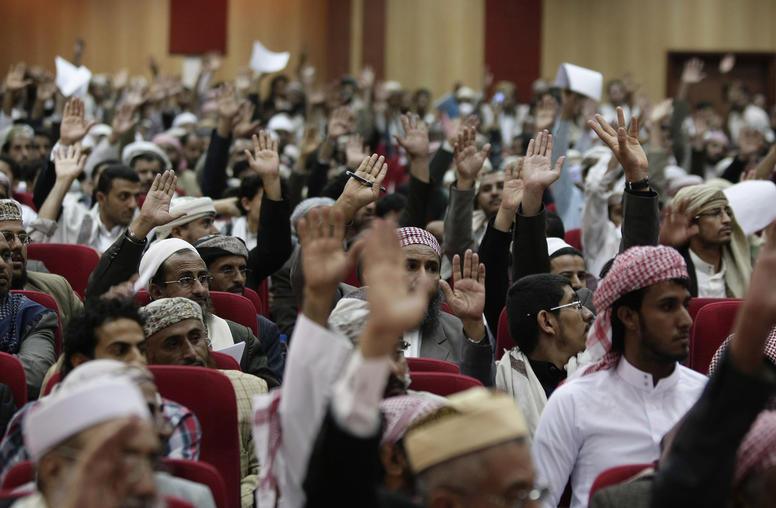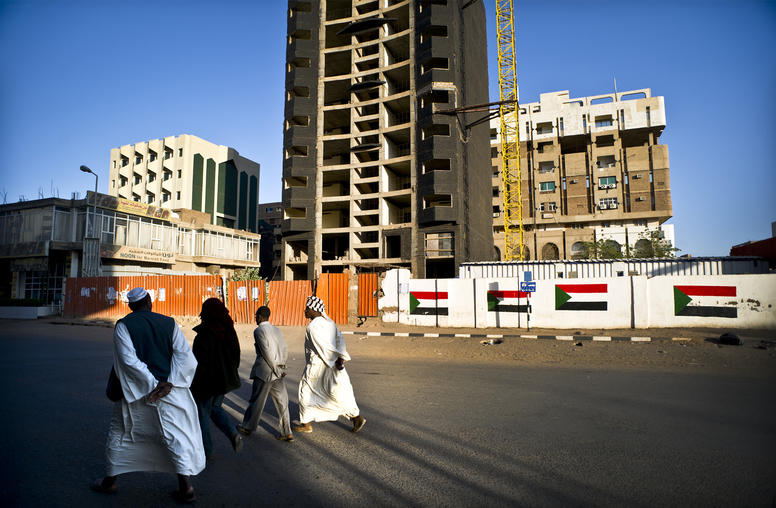Yemeni President Agrees to Cede Power
Yemeni President Ali Abdullah Saleh agreed to accept a Gulf Cooperation Council-brokered plan this weekend that allows him to cede power in exchange for immunity, a government official said.
April 25, 2011
Yemeni President Ali Abdullah Saleh agreed to accept a Gulf Cooperation Council (GCC)-brokered plan this weekend that allows him to cede power in exchange for immunity, a government official said.
Saleh agreed to transfer power to a deputy within 30 days and to hold elections 60 days after that, Tarik al-Shami, spokesman at the ruling General People’s Congress, was quoted by reporters as saying. The opposition must end protests and accept immunity for Saleh and his aides and all terms of the GCC plan, al-Shami said.
Saleh would be the third leader forced from office since popular unrest spread through the Middle East, resulting in the ouster of Hosni Mubarak in Egypt and Zine El Abidine Ben Ali in Tunisia.
The council’s Yemen plan could “resolve the political crisis in a peaceful and orderly manner,” the Obama administration said Saturday in a statement e-mailed from the White House. “We encourage all parties to move swiftly to implement the terms of the agreement,” the statement said.
According to sources, The Joint Meeting Parties, a coalition of six opposition groups, also consented to the plan. They won’t participate in a national unity government under Saleh’s leadership during the 30 days he remains in power, said Mohammed al-Sabri, a leader in the opposition, and they will support the peoples’ right to protest.
The United States Institute of Peace (USIP) Yemen Working Group and the National Democratic Institute (NDI) recently hosted a video-conference with leaders of the Yemeni opposition. This event provided a rare, on-the-record opportunity to hear directly from key opposition figures and engage in a dialogue on the current situation in Yemen.
Demands for political change in Yemen are rooted in elements similar to those existent in the rest of the Arab world: high unemployment (particularly among the youth), social and economic inequalities, corruption, and an aging, authoritarian leadership—President Ali Abdullah Saleh has held office since 1978. Yemen is the poorest country in the Arab world and also faces a rebellion in the north. Initially, in mid-February, small student groups inspired by the successful experiences of Egypt and Tunisia led demonstrations calling for basic reforms. But as the state responded with brutal crackdowns, these protests evolved into a mass movement that called for change of leadership followed by transition in the country. The capital city of Sana'a became the hub of popular protests, with thousands of demonstrators flooding the streets.
By late March, senior tribal leaders along with some of the president’s former allies, such as General Ali Mohsin, had defected to the opposition. Saleh declared a state of emergency on March 18 and dismissed his cabinet two days later, in an attempt to placate protestors.
Explore Further
The following are highlights of USIP's publications and tools on Yemen.
- Women in Yemen's Protests
On the Issues by Mary Hope Schwoebel | April 4, 2011 - The Unfolding Situation in Yemen
On the Issues by Steven Heydemann | March 28, 2011 - U.S. Counterterrorism Strategy in Yemen
Video | September 2010 - In Pursuit of Democracy and Security in the Greater Middle East
Working Paper by Daniel Brumberg | January 2010



